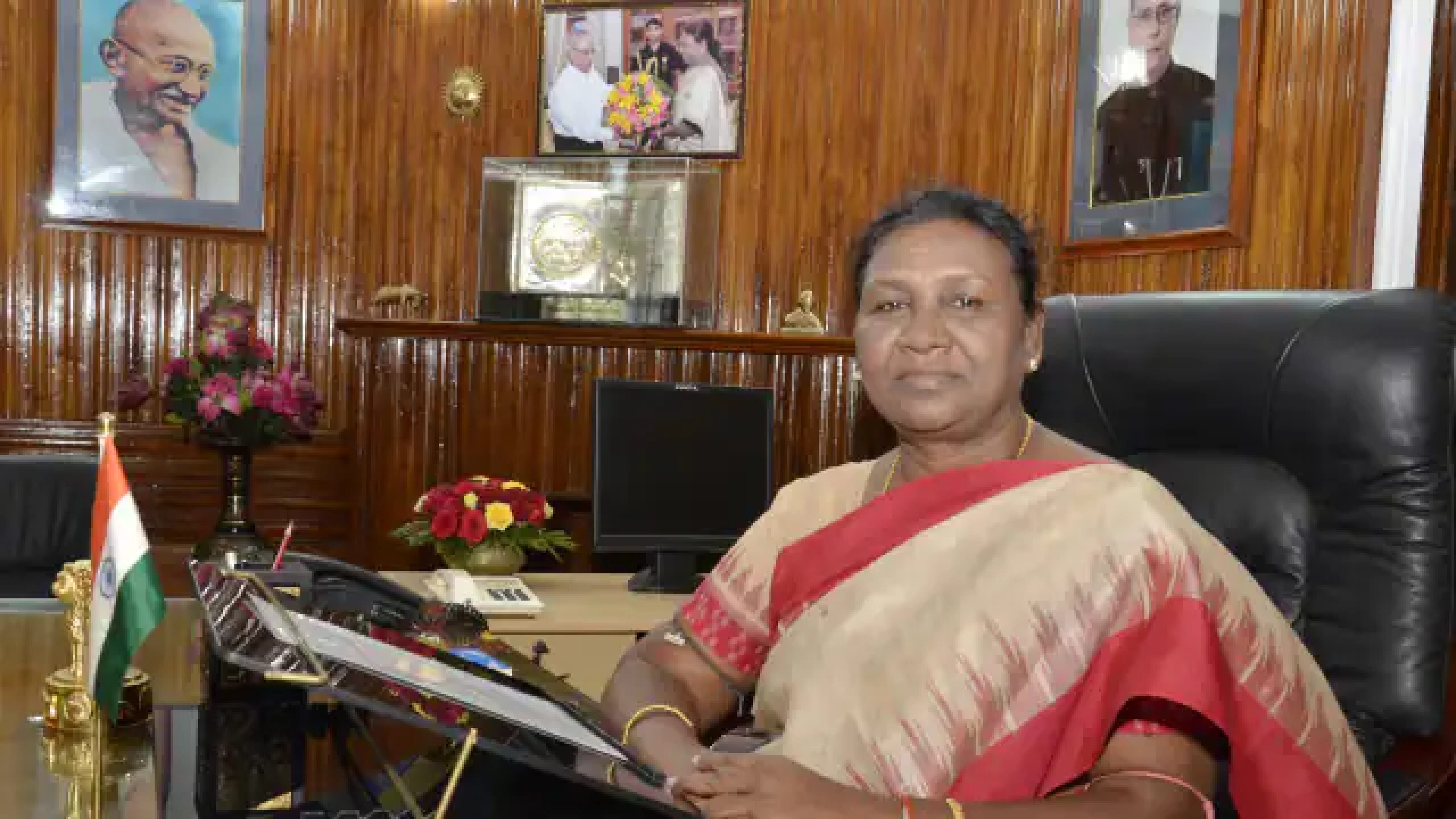The Supreme Court and Madras High Court during the first week of December 2020 together have commissioned an era of transparency to prevent custodial torture and deaths. Apex court asked government to fix cameras in every possible place where the Police interrogates the persons. This technology could be effectively used for prevention of routine violation of Human Rights by police. Similarly. Madras High Court directed the State to make police transparent in cases of custodial death by organizing post-mortem in objective manner involving multiple bodies and issued specific guidelines to the judicial magistrates and sessions judges.
This confirms the fact that the Police have neither power nor right to torture the accused or witnesses. In fact, it is a crime since 1860 where police can be punished for such abuse of physical power to perform their duty.
IPC Section 330. Voluntarily causing hurt to extort confession, or to compel restoration of property.—Whoever voluntarily causes hurt for the purpose of extorting from the sufferer or from any person interested in the sufferer, any confession or any information which may lead to the detection of an offence or misconduct, or for the purpose of constraining the sufferer or any person interested in the sufferer to restore or to cause the restoration of any property or valuable security or to satisfy any claim or demand, or to give information which may lead to the restoration of any property or valuable security, shall be punished with imprisonment of either description for a term which may extend to seven years, and shall also be liable to fine. Illustrations
(a) A, a police-officer, tortures Z in order to induce Z to confess that he committed a crime. A is guilty of an offence under this section.
(b) A, a police-officer, tortures B to induce him to point out where certain stolen property is deposited. A is guilty of an offence under this section.
IPC Section 331. Voluntarily causing grievous hurt to extort confession, or to compel restoration of property.—Whoever voluntarily causes grievous hurt for the purpose of extorting from the sufferer or from any person interested in the sufferer any confession or any information which may lead to the detection of an offence or misconduct, or for the purpose of constraining the sufferer or any person interested in the sufferer to restore or to cause the restoration of any property or valuable security, or to satisfy any claim or demand or to give information which may lead to the restoration of any property or valuable security, shall be punished with imprisonment of either description for a term which may extend to ten years, and shall also be liable to fine.
This are serious offences punishable with imprisonment for 7 years or more and fine. It is Cognizable, Bailable and Triable by Magistrate of the first class and it is non-compoundable. But there are rarely any complaints because, no police generally take any complaint against their colleagues. Hence any conviction cannot be expected.
Shield of law to torturing police
Under Section 197 of the CrPC, no government official or member of the armed forces alleged to have committed a criminal offence while acting or purporting to act in the discharge of their official duty can be prosecuted except with the prior sanction of the central or state government. Further, Section 132 of the CrPC also protects police, armed forces and even civilians who engage in activities to help disperse crowds from prosecution without prior sanction.
NPC recommendation ignored
Section 197 read with Section 132 of CrPC is a big obstacle, that should be removed as soon as possible. The Eighth Report of National Police Commission recommended that “the protection available to the police officers under these sections should be withdrawn so that the private complainant is free to press his complaint against police official for a judicial pronouncement without there being a provision to obtain prior permission of the competent authority for such prosecution”. The 273rd report of the Law Commission noted that impunity provisions such as Section 197 must go,
In 1985 the Law Commission gave a report recommending enactment of section 114-B into our Evidence Act, raising a rebuttable presumption of culpability against the police if anyone in their custody dies or is found with torture. There is no such law till now, though a bill introduced as late as 2017.
Can it be accessed through RTI Act?
The Right to Information Act 2005, Section 2(f) said “information” means any material in any form, including records, documents, memos, e-mails, opinions, advices, press releases, circulars, orders, logbooks, contracts, reports, papers, samples, models, data material held in any electronic form and information relating to any private body which can be accessed by a public authority under any other law for the time being in force;
Section 2(i) says “record” includes (a) any document, manuscript and file; (b) any microfilm, microfiche and facsimile copy of a document; (c) any reproduction of image or images embodied in such microfilm (whether enlarged or not); and (d) any other material produced by a computer or any other device.
Thus, the video recording in the form of CCTV footage is also ‘record’ and ‘information’ under RTI Act, which mandates that it should be made accessible to citizen, subject to other provisions of RTI Act.
However, if the Supreme Court mandates that such a record should be available to victims such as accused, the persons interrogated and the police officers, it will strengthen the transparency as part of system to ‘watch’ the ‘interrogation’ to protect human rights in criminal justice system.




